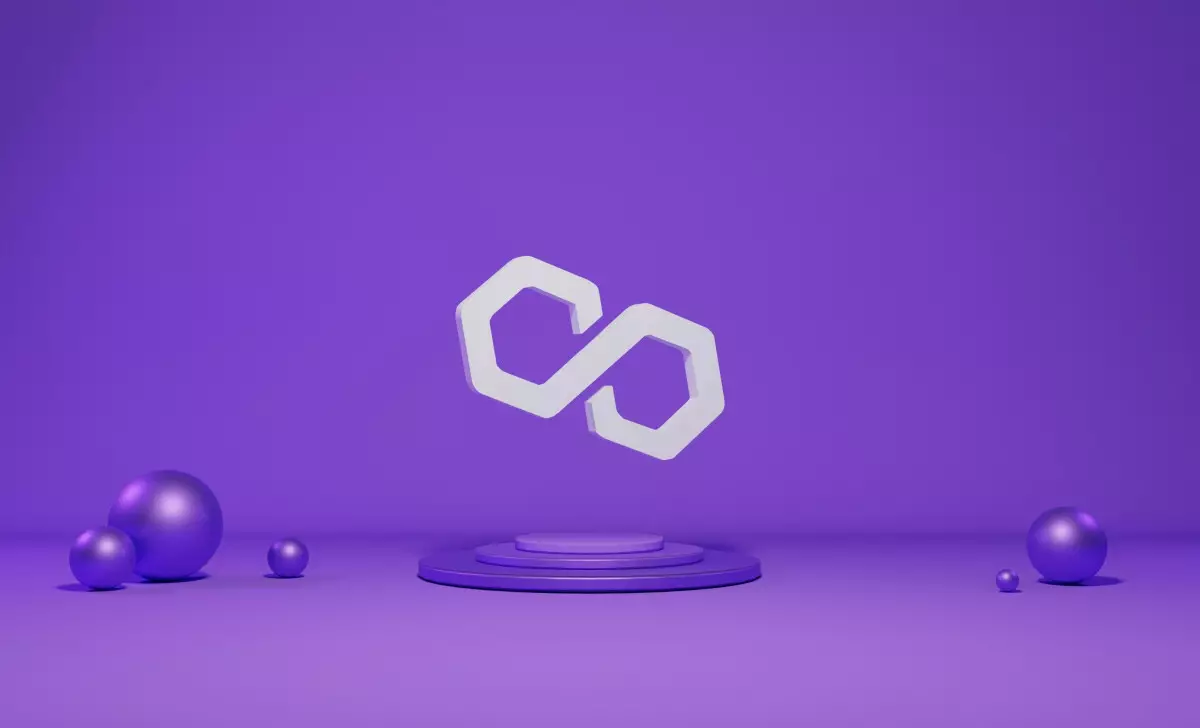In a notable move that strengthens the Ethereum layer 2 ecosystem, Google Cloud has joined Polygon’s Proof-of-Stake (PoS) network as one of its decentralized validators. This partnership marks a significant milestone for both Google Cloud and Polygon, as it combines Google’s renowned reputation for security services with Polygon’s growing presence in the blockchain space. The collaboration aims to enhance user confidence and contribute to the network’s security, governance, and decentralization.
Google Cloud’s Validator Role
Operating as a validator on the Polygon PoS network, Google Cloud will actively participate in the network’s governance role, operate nodes, and stake MATIC tokens. By leveraging the same infrastructure used to power widely recognized platforms like YouTube and Gmail, Google Cloud brings its expertise and experience in providing robust security services to the blockchain ecosystem. This move further solidifies Google’s commitment to the blockchain industry and its recognition of the potential of decentralized technologies.
Google Cloud’s involvement with Polygon is part of its broader strategy to expand its presence in the blockchain ecosystem. The partnership follows previous announcements, including offering cloud services for Polygon’s zkEVM scaling solution and providing support for app chains. Additionally, Google Cloud allocated a $200,000 Google Cloud credit fund to support Polygon-backed startups, further promoting the adoption of core Polygon protocols.
Alongside its collaboration with Polygon, Google Cloud has also established partnerships with other prominent blockchain networks, such as Tezos, Solana, and Ronin Network. These partnerships demonstrate Google’s commitment to exploring the potential of distributed ledger technology (DLT) and its eagerness to contribute to the blockchain industry’s growth and development.
Recognizing the increasing demand for comprehensive blockchain analytics, Google Cloud expanded its blockchain services on its BigQuery platform. The company added 11 new networks to its portfolio, supplementing existing support for Bitcoin, Bitcoin Cash, Ethereum Classic, and others. This expansion enables developers to access public data across multiple chains more rapidly, facilitating the development of decentralized applications (dApps), and the creation of smart contracts. Google Cloud’s initiative aims to address the growing need for a comprehensive view of the crypto landscape and empower developers to answer complex questions and verify subjective claims.
In a market characterized by escalating competition and constant upgrades, Polygon has increasingly focused on expanding its services to enhance user adoption. Notably, Polygon 2.0 represents a significant milestone in the platform’s journey toward scalability. By supporting multiple chains and enabling cross-chain transactions with enhanced network security and scalability, Polygon aims to create the value layer of the internet. This commitment to scalability aligns with the recent advancements in the Ethereum ecosystem, exemplified by the launch of the Holesky testnet.
Google Cloud’s participation as a validator in Polygon’s PoS network signifies a significant step forward for both organizations. It strengthens Polygon’s position in the blockchain space while allowing Google Cloud to contribute its expertise in security services to the emerging decentralized finance (DeFi) landscape. This strategic partnership propels the Ethereum layer 2 ecosystem forward, inviting further growth and adoption within the blockchain industry. As both Google Cloud and Polygon continue to explore new partnerships and collaborations, the future of blockchain technology holds immense promise and potential.


Leave a Reply